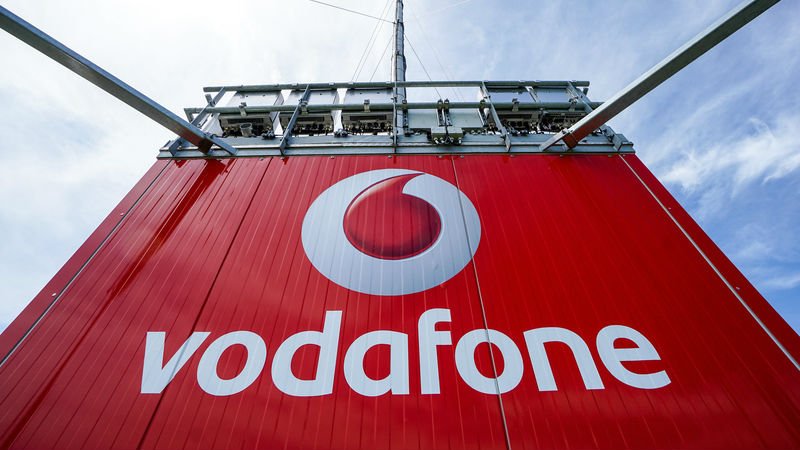Kumar Mangalam Birla, chairman of Vodafone Idea, has once again approached the government after not getting any relief from the Supreme Court on the outstanding AGR payment. Birla met Telecom Secretary Anshu Prakash on Tuesday and brainstormed options to continue operating the company.
After meeting the secretary, chairman of Vodafone Idea, Mr. Birla said, “At present, I am not in a position to say anything under the current situation.” It is believed that there was a discussion on saving the bank guarantee of Vodafone Idea in the meeting. The Department of Telecommunications (DOT) in a notice issued to the companies on 14 February had said that if the outstanding statutory gross revenue (AGR) was not paid by the stipulated time, their bank guarantee would be redeemed and converted into cash bail.

For this, it has also sought consultation with the Attorney General. Following this notice, Vodafone Idea on Monday appealed to the Supreme Court to save the bank guarantee in lieu of immediate payment of Rs 2,500 crore and appealed to the government to issue a notice for not taking action on it. This demand of the company was rejected by the Supreme Court.
The company has paid only 5% of the dues so far
AGR is trying all kinds of relief to get relief from Vodafone Idea, which is the most hit on the payment issue, while the company has so far paid less than 5% of the total dues. The company paid Rs 2,500 crore to DoT on Monday and has promised to pay Rs 1,000 crore by Friday 21 February. Kumar Mangalam Birla said in December last year that if there is no relief on AGR, then the story of Voda Idea will end.
Banks and Government will be in trouble on AGR default
Analysts in the telecom sector say that if telecom companies default in AGR payments, it will also have an impact on the bank and fiscal deficit. Voda Idea, which provides direct employment to about 13 thousand employees, has a bank loan of Rs 27.17 thousand crores.
In such a situation, if the company sinks, then it will also have an impact on the Indian economy, which is already running at the slowest pace in 11 years. This major default will increase India’s fiscal deficit by 0.40 percent, which will hit the government exchequer by Rs 1 lakh crore, said Aliasagar Shakir, a research analyst at consulting firm Motilal Oswal. This will also have an impact on the banking sector, which is already struggling with NPAs of over 10 lakh crores.
